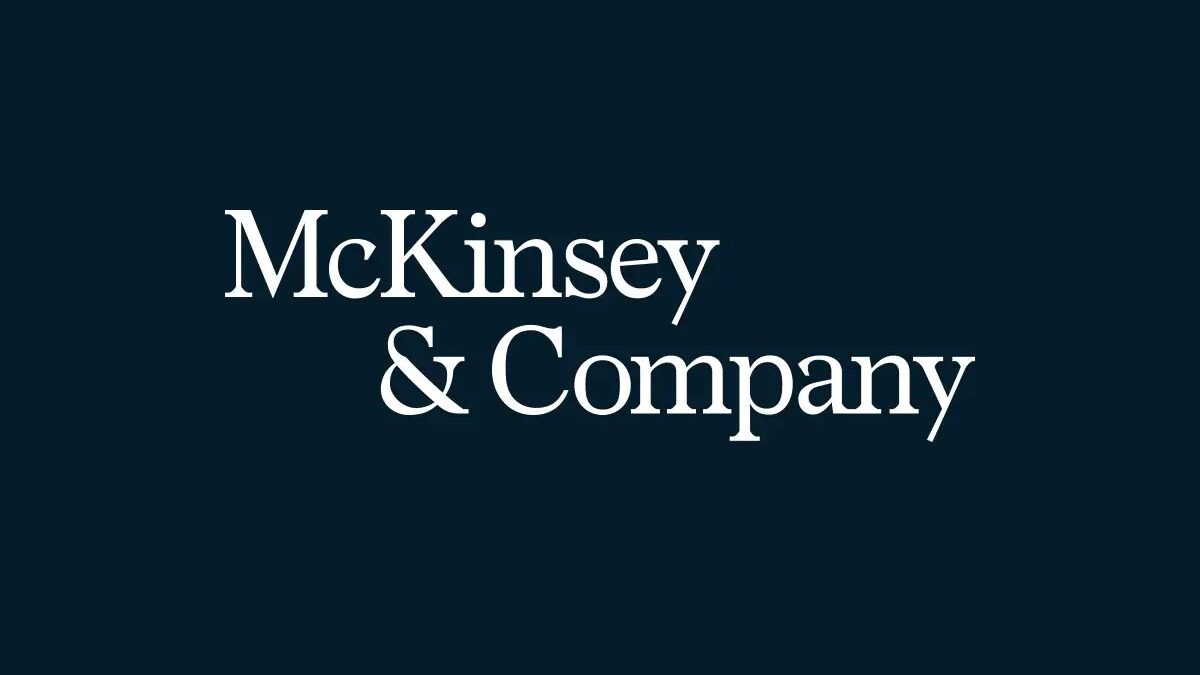
Table of Contents
ToggleMcKinsey is a global management consulting firm founded in 1926 by the University of Chicago Professor James O McKinsey.
Most Fortune 500 companies and over 100 governments have paid McKinsey for advice. The firm has a highly decentralized administration. Regional and local heads operate autonomously supported by a matrix of a specialized global professional team. There is no designated head office. The office of the Managing Partners acts as such.
McKinsey employees are called Partners. Leaders of the firm are elected by the Partners for a fixed but renewable term. Statis is anathema for them. If a Partner is not on the ” up ” elevator, then walking ” out ” is the only option, reportedly, for a high proportion of Partners. But these ex- Partners also translated into the McKinsey alumni network, a useful global calling card. All this is elegant, efficient, and admirable.
Marvin Bower had established few firm values. The first value is ” follow the top management approach ” i.e. only working with the CEO, which was later expanded to CEO of subsidiaries and divisions. The second value is ” preserve client confidence “. The third value is ” put client interest before the firm ” But rarely does value trump profitability.
McKinsey enjoys long and profitable business associations with tobacco companies, oil and gas majors, and pharma companies. McKinsey is earning profit by improving the efficiencies of companies producing harmful products like tobacco, and carbon-spewing fossil fuels or enhancing the productivity of pharma to pump harmful, addictive, poorly regulated opioids, whilst also making a profit by advising the government to improve health service, implementing decarbonization projects or community benefit programme.
To conclude, targeting inefficiency and enhancing profit for the business is McKinsey’s core mission.

